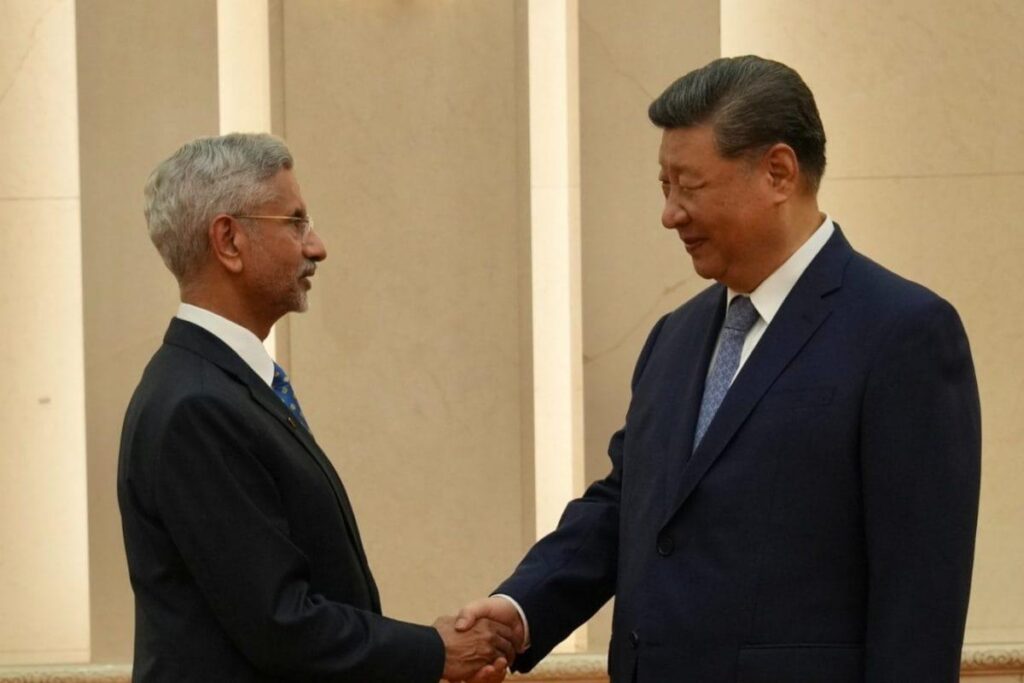Straight Talk | In A World Of Flux, India Chooses Pragmatism With China
In a world where Washington’s unreliability as a security partner has been proven, India is wisely choosing to soothe its most immediate and substantial continental frontier. The apparent question is: why are both nations suddenly attempting to resolve their differences and reset the relationship? The answer, in large part, lies beyond Beijing and New Delhi, in the rough waters of global geopolitics. Donald Trump’s second term as President of the United States has reinstated transactional foreign policy and global uncertainty. India is increasingly irritated by Donald Trump’s repeated claims of having single-handedly averted a “nuclear war” between India and Pakistan. His offhand remarks, including statements like “I love Pakistan,” are seen in New Delhi as diplomatically reckless and tone-deaf. Such remarks have only reinforced the perception that Trump sees the Indian subcontinent more as a stage for self-promotion than a region requiring nuanced diplomacy.
New Delhi is indicating that it will not be a pawn in great power competition but will proactively shape its own environment on its terms. In this light, Dr. Jaishankar’s visit to China was a projection of India’s strategic autonomy, championing the idea of engaging with multiple powers to secure its interests in a multipolar world. India’s stance emphasizes the importance of shared respect as the foundation for a stable relationship, with the sanctity of the border and the issue of terrorism serving as non-negotiable red lines in its dialogue with China. The resolution of the border dispute and a policy of zero tolerance for terrorism are vital for building strategic trust and normalizing ties.
Furthermore, Jaishankar’s visit highlighted the need for economic cooperation, addressing Beijing’s export controls that have impacted Indian industries reliant on Chinese supplies. Despite tensions escalating in 2020, India stood firm against China, showcasing its willingness to defend its interests and engage in economic partnership for mutual benefits. Both countries, as significant global economies, recognize the economic irrationality of allowing friction to impede their success. Jaishankar stressed the importance of normalizing people-to-people exchanges and facilitating unobstructed economic cooperation for mutual prosperity.
India is presenting China with a strategic choice in the evolving global order. The two nations can either be constructive competitors, managing disputes to collaborate on common goals, or become adversarial rivals, risking destabilization in the region. A stable relationship between India and China allows them to focus on internal development and shape the rules of the new world order collectively, promoting cooperation over conflict. Dr. Jaishankar’s visit underscored India’s firm stance on maintaining autonomy, pushing back against coercion, and fostering resilient partnerships to safeguard its strategic interests and ensure global influence.
This visit was not merely ceremonial but a deliberate assertion of India’s strategic principles, signaling its intent to actively participate in shaping the future global landscape. India’s proactive approach reflects its determination to be a key influencer in defining the norms of the 21st century, asserting its position as a significant player rather than a passive observer.


